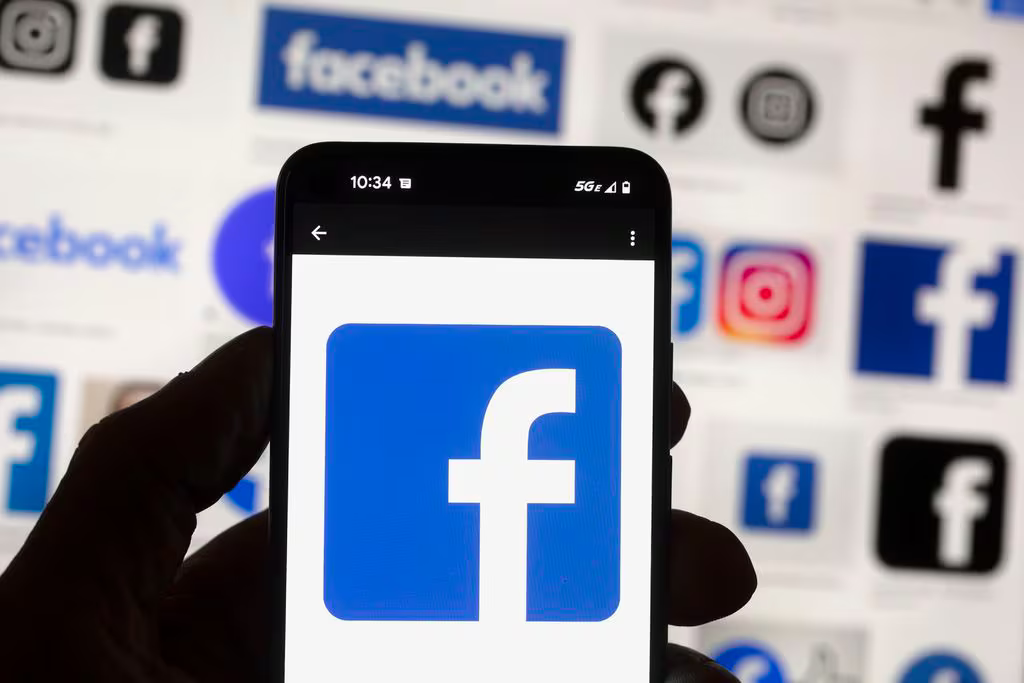The Boston Globe: BU survey says people want social networks, not government, to remove fake news

Excerpt from The Boston Globe | By: Hiawatha Bray | June 7, 2024 | Photo courtesy of Michael Dwyer/Associated Press
As the US Supreme Court prepares to decide how far federal agencies can go in fighting online misinformation, a new survey from Boston University researchers finds that most US residents want to be protected from online lies — but preferably not by the government.
A survey conducted by the Communication Research Center at the university’s College of Communication found that 63 percent of respondents want social media companies like Facebook and X to take down false information, while 57 percent say the companies should provide only limited access to such postings. For example, the companies sometimes choose to limit the number of times certain messages are shared with other users. But the same survey found that only 28 percent favored government regulation of online content, with 46 percent opposed to the idea.
“They don’t want their government actually taking measures,” said Chris Chao Su, an assistant professor of emerging media studies and Computing & Data Sciences at BU who designed the survey. “They do want some measures to be taken, not by the government but by the platform.”
In March, the US Supreme Court held arguments over an injunction from a federal court in Louisiana which would sharply limit the federal government’s ability to ask social media companies to take down questionable postings. The lower court ruled that the government was attempting to coerce the companies into engaging in censorship that would violate the US constitution if the government did it directly. But the Biden administration has challenged the injunction, saying that the government has a legitimate interest in working with social media companies to limit the spread of false information, and that the government did not cross the line into coercion. A ruling in the case is expected this month.
Last week, in a case that might hint at how the federal court will rule in the Louisiana case, the justices agreed unanimously that the National Rifle Association could sue Maria Vullo, the former head of New York’s Department of Financial Services, after she urged banks not to do business with the NRA. Writing for the court, Justice Sonia Sotomayor said that “the First Amendment prohibits government officials from wielding their power selectively to punish or suppress speech, directly or ... through private intermediaries.”
Whatever the outcome of the Louisiana case, Su said, social media companies themselves need to attack misinformation in a more sophisticated way. Already, Facebook and X take down messages that could be harmful, such as incitements to violence, stalking attempts, or voter suppression efforts. Critics of the companies say they could do much more.
But rather than trying to weed out all misinformation, Su thinks social networks should take a more selective approach.
“It’s not like all misinformation is equal,” Su said. For instance, some research studies have found that false news stories are mostly ignored. “In most cases,” said Su, “the fake news or misinformation has very minimal effect on the general population.”
But if a piece of false information is picked up by politicians, celebrities, or online influencers, it can have a lot more impact. Social networks can proactively counter this, said Su. For instance, a social network might be more aggressive in limiting access to anti-vaccine messages posted by a TV star, while ignoring similar messages posted by a truck driver.
Government agencies can’t track fake news with this level of precision — but the social networks can. “That’s why I think it’s more important for the platforms to take action than the government,” Su said.